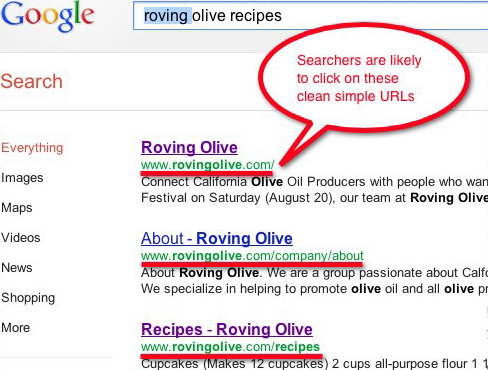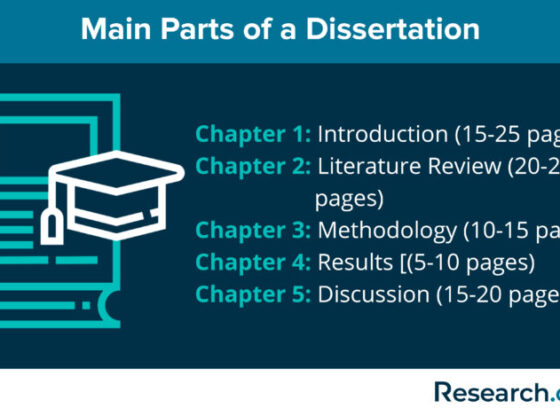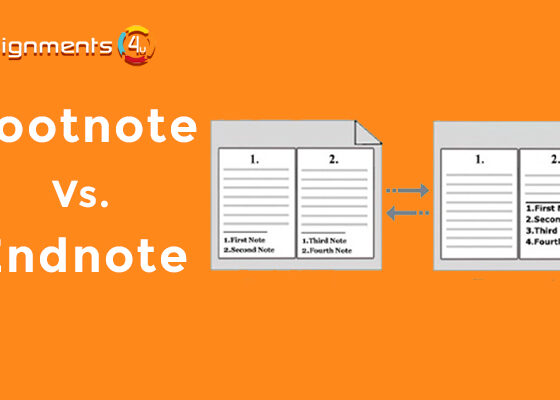URL Optimization for SEO
Search Engine Optimization (SEO) and digital marketing experts are well aware of the innumerable value of URLs for online business omnipresence. It’s high time that the irrefutable role of URLs should also be understood by experts as well as laymen for greater information channelization. For novice searchers, any URL would just be the location of any specific page searched on a website. It is also important to understand its role beyond that predefined perspective. URL optimization for SEO is great for organic ranking.
For any SEO or digital marketing expert, though, a URL (Universal Resource Locator) holds much more information than just any web page’s location on the Internet. From the SEO point of view, though, it provides informative signals that are equally helpful for the search engines to evaluate the particular content, purpose, and target market of that web page in a wider arena.
You May Also Like: Title Tag Optimization: How to Write a Search Engine Friendly Title Tag
Webmasters are not from the herd of ordinary takers of the digital platforms we witnessed beforehand. They gain expertise in multiple such things, especially through the evaluation of Internet-assisted key platforms, which ultimately boost the overall digital marketing strategies. Therefore, they should ensure to optimize their URLs for SEO purposes to avail themselves of maximum advantage. While writing URLs, they also need to use primary keywords naturally for the overall SEO benefits, which ultimately prove helpful to attain the desired success.
Related: Long Tail Keywords Vs. Short Tail Keywords
URL Optimization: How to Optimize Your URLs

Here we share a quick assessment to make the best of URL optimization. Our below-mentioned 05 tips will definitely prove helpful for you to understand the key causal factors for each and every element, which makes URL optimization one of the most worthwhile steps to follow. So, let’s explain to you how to optimize your URLs. If you are keen to improve the ranking of your web pages, then you should ensure that your URLs are optimized for search engines for assured benefits.
1. Create readable URLs
Always ensure the creation of readable URLs for both search engines and human readers. Readable URLs help search engines as well as human readers to know and learn your pages, so they remain abreast of your specific purpose. Never ever use any auto-generated URL; instead, write yourself.
Example: If you are an online pizza store, you should write the dedicated page URL:
This way: http://yourdomain.com/hot-cheese-pizza
and not this way: http://yourdomain.com/index.php?=9876838=t11=?o=598
2. Do not use capital letters
Do not use capital letters in the URLs. It can easily confuse the search engines and the readers, making it more difficult for them to understand. Write in small letters instead, and separate each letter by using hyphens. It is a great way to optimize URLs in SEO.
3. Keep the URLs shorter
Shorter URLs are considered SEO-friendly URLs, so they should be preferred instead. According to Backlinko, “shorter URLs are inclined to rank better than long URLs”. Whenever you write a post, modify the URL so that it has a few words. It will definitely ease the easy accessibility of fulfilling the motive without any unforeseen antipathy.
4. Do not use ‘Stop’ words
There has been a long debate on whether to use stop words or not. Neil Patel advises in its negation that one shouldn’t use stop words, which might make your URL longer and make it more complicated. Stop words such as a, an, or, but, etc., which are the ones whose list is long and hardly are they helpful for SEO purposes. There is an argumentative reason not to use the ‘stop’ words. They are basically ignored by the search engines as they don’t carry any real weight as a ranking factor.
On the other hand, if you find ‘stop’ words to make sense in any URL and are able to turn that readable too, then go ahead to include that to gain the overall benefits.
5. Avoid Keyword repetitions
Here’s one last little detail you need to keep in mind and never ignore: Make sure that you don’t repeat the keywords or any words in any URL to literally force that to serve the purpose. Repetition is a complete waste of time, resources, and energy, and such practices damage the credibility factor as well. You must, therefore, remember that Google is not going to reward you for the repetitive use of a keyword that already appears more than once. It is better to take the best possible precautionary measures to avoid any possible penalties.
Related: Know About Some URL Errors
Creating SEO-Friendly URLs
The above-mentioned 5 tips will definitely prove helpful for you in creating SEO-friendly URLs. They will also ensure easy ranking on the search engines. While structuring the URLs, you should keep in mind the above-mentioned points to appease both search engines and human readers to avail maximum benefit from them.
We are a fast-growing content writing agency operating from India. Our company has been serving a long list of customers from all nooks and corners of the world. Whether you need content for press releases or academic writing services amongst others, we can definitely be helpful for you.
Contact us now for great content solutions in almost all niches.
FREQUENTLY ASKED QUESTIONS (FAQS) ABOUT URL Optimization
Q. What does mean URL optimization?
A. URL optimization is a technique or process under which we optimize the URL structure of a website or blog page. The technique is vital in order to make the URLs more understandable by search engine bots, crawlers, and users.
Q. Do I need to make my URL SEO-friendly?
A. Yes, SEO-friendly URLs help your web pages achieve ranking on search engines. An SEO-friendly URL is made by incorporating the primary keywords, thus making the pages easy to read for both search engines and users. Usually, SEO-friendly URLs are shorter.
Q. How important is the URL for SEO?
A. URLs are one of the vital elements of SEO, which ensure the ranking of a page. You should keep the URLs as simple, relevant, compelling, and accurate as possible in order to let your users and search engine bots understand the pages.
Q. Do URLs matter for SEO?
A. Yes, URLs do matter in SEO. If you read the URL structure carefully, you will find that a URL with a primary keyword can improve your site’s search visibility. Using a keyword is a great idea, but on the other hand, you must understand the optimum keyword density to improve rankings.
Q. What is the optimal length of a URL?
A. The optimum URL length is 50 to 60 characters. On the other hand, shorter URLs are considered perfect for ranking purposes. So, be careful while writing URLs for your website.
Q. Does a URL affect SEO?
A. Yes, the URL structure does matter in SEO. Apart from helping your web pages get ranked, it also lets search engine crawlers, bots, and users understand your page. So, go through all the tips to optimize your URLs for SEO.
Q. What is the user-friendly URL?
A. A user-friendly URL is a URL that is short and easy to remember. Such URLs help visitors remember web addresses and revisit your pages as and when required. If you know how to optimize your URL for SEO, you will reap the benefits.
Related Posts:













To read more, please read the blog!
It is a unique post on URL Optimization.
To read more, please visit our blog!
It is a great post on URL optimisation.